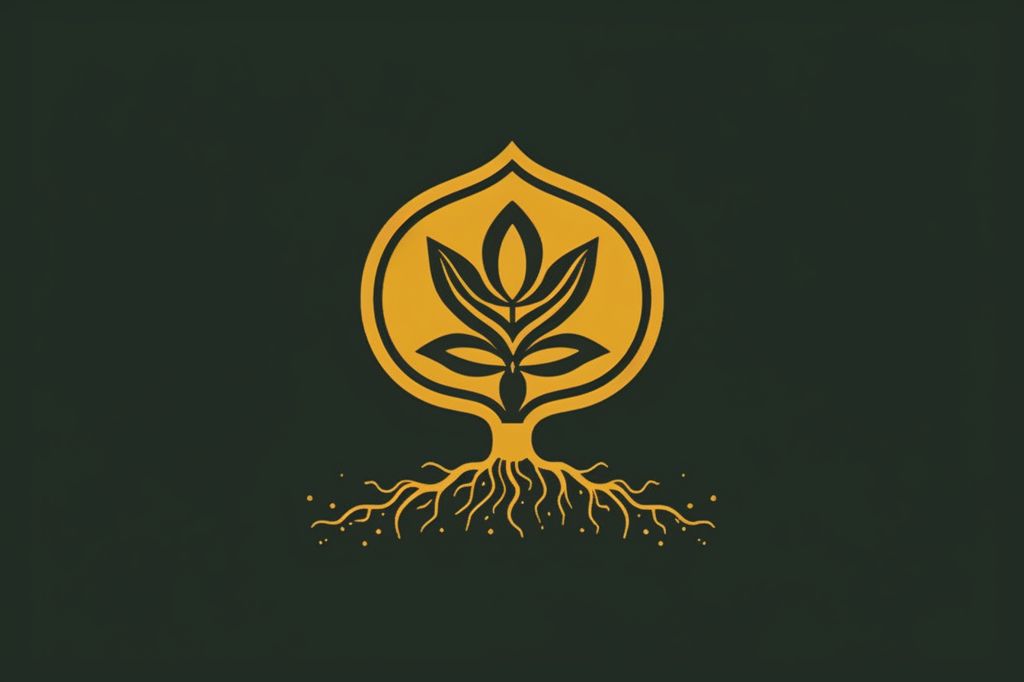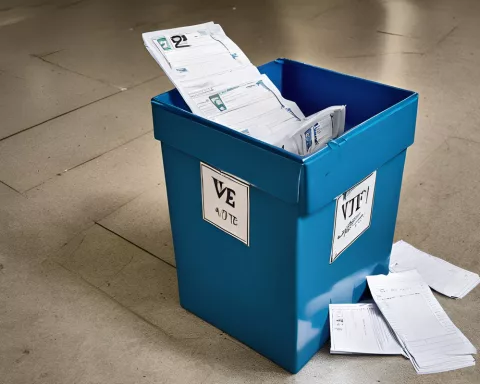The Commission for Gender Equality (CGE) has been a guiding force in promoting gender equality and addressing gender-based discrimination and inequality issues in South Africa and beyond. Recently, the organization underwent a significant leadership change as its Chief Executive Officer, Ms. Phelisa Nkomo, mutually agreed to part ways with the organization on June 19, 2023.
Moving Forward from the Leadership Change
The CGE and Ms. Nkomo’s amicable separation marks a new chapter for the organization, allowing it to refocus on its mandate while closing this specific chapter of its journey. While the reasons for the separation remain undisclosed, the CGE remains committed to addressing gender-based issues in various sectors of society.
A History of Championing Gender Equality
The CGE has a remarkable history of championing gender equality in South Africa, following in the footsteps of historical and artistic movements. Its holistic approach has lent credibility and strength to its efforts, ensuring that it is well-equipped to tackle deeply entrenched gender biases.
A Global Effort
The CGE’s commitment to gender equality extends beyond South Africa’s borders as it collaborates with international organizations, drawing from global best practices. This collaborative spirit has inspired a more comprehensive understanding of gender issues, enabling the CGE to refine its strategies and recommendations.
Forging Partnerships and Addressing Key Issues
Moving forward, the CGE will continue to forge partnerships with various stakeholders, including government agencies, non-governmental organizations, and private entities, to promote gender equality and combat discrimination. One key area where the CGE has made a substantial impact is in addressing gender-based violence by advocating for stronger policies and implementation mechanisms.
Gender Mainstreaming in Public and Private Sectors
Another vital aspect of the CGE’s work is its focus on gender mainstreaming in the public and private sectors, ensuring that gender equality is integrated into the policies and practices of various institutions. By advocating for gender-sensitive planning, the CGE has helped create a more inclusive work environment and paved the way for a more equitable society.
In conclusion, the recent leadership change within the CGE marks a new beginning for the organization. With a renewed vigor, the CGE will undoubtedly continue its vital work in addressing gender oppressions and inequalities across various sectors of society, reinforcing its commitment to promoting gender equality.












